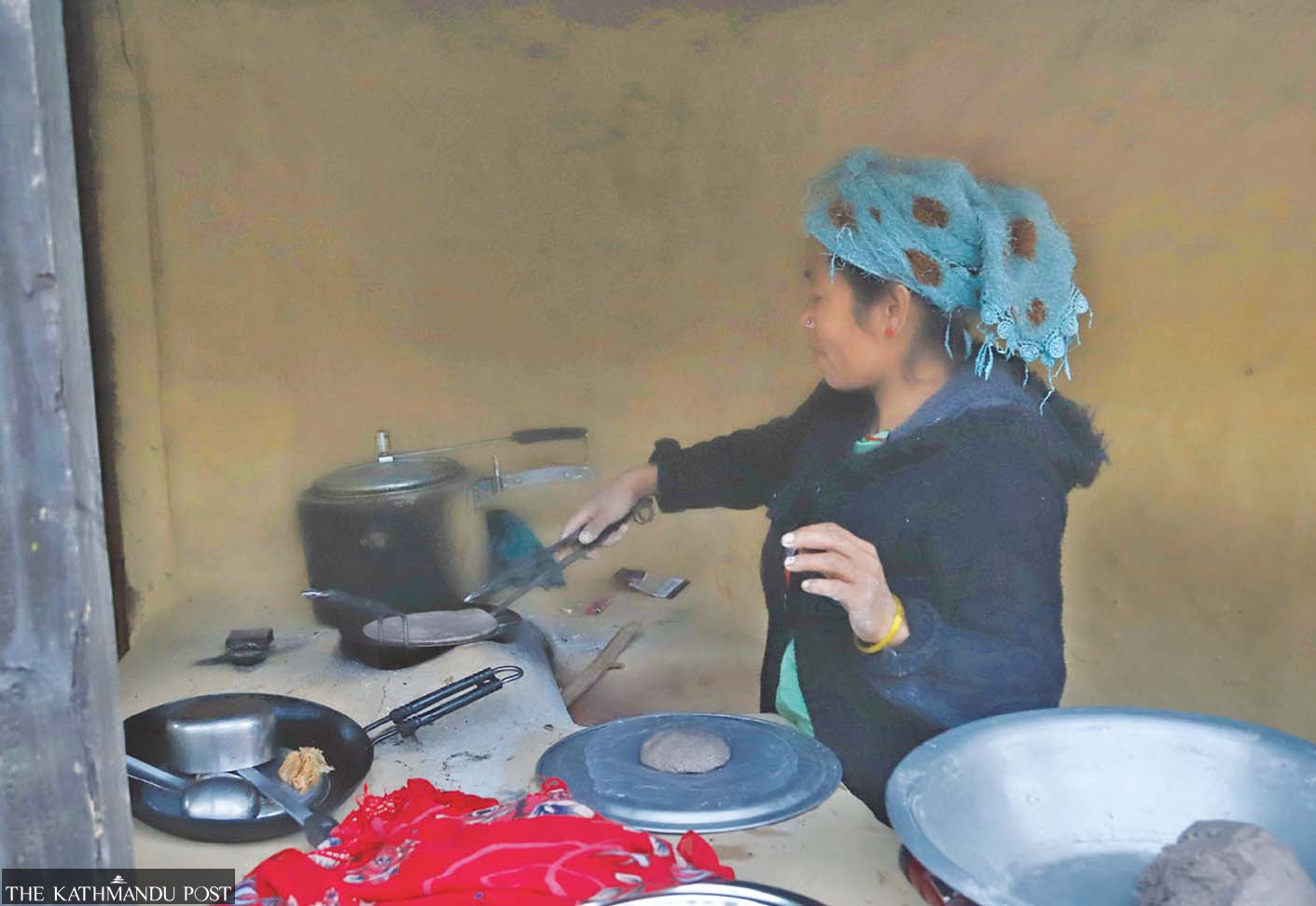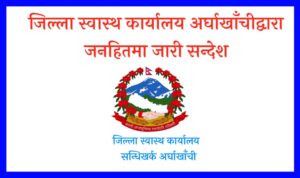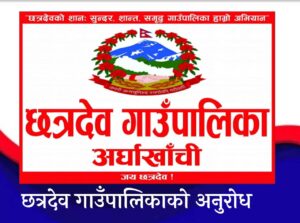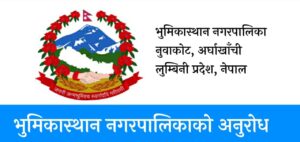Rana Bahadur then owned a musket bought by his father, who passed down hunting skills to his son. “Most of the villagers used to hunt for a living back then,” Rana Bahadur said. “They used to go to the park forests, kill wild boars, barking deer and Sambar deer. They were oblivious to the conservation of wild animals.” he said.
The locals had it easy back then, poaching wildlife without any hurdle, as there were security lapses in the national park forests near Rajkanda as the park headquarters was quite far and there were no any security posts in the areas. The hunting continued unabated during the decade-long armed insurgency (1996-2006).
Soon afterwards, things took a turn. With an objective of making local people active in conservation, the government on December 16, 2010 declared Rajkanda and other settlements adjoining the park in Surkhet a buffer zone. Four consumers’ committees were formed in the Rajkanda area to enhance people’s participation in conservation.
And around that time, Rana Bahadur was arrested on hunting charges. The park arrested him on a poaching charge but it didn’t have any evidence, he said. His sister Chandra was the treasurer of Taranga-Siddachul Buffer Zone Consumers’ Committee and he was released on a bail of Rs10,000, he said.
Rana Bahadur’s sister Chandra had already started working for wildlife conservation. The consumers’ committee had warned him that it would not take any responsibility if he got arrested again.
“Then I changed my mind,” Rana Bahadur said. “I handed over my musket to my sister and expressed my commitment to conserving wildlife.” But there were repercussions to hanging up his hat. “The villagers who were dependent on hunting were angry with me. They even threatened to kill me,” he said. “But they were also ready to submit weapons after they knew about the importance of wildlife conservation and legal action for poaching the wild animals.”
The local people, according to Rana Bahadur, gradually gave up hunting and engaged themselves in conservation. “Eleven muskets were submitted to the consumers’ committees in Rajkanda, Gainekanda, Bunggad, Siddagaira and Gurase areas,” he said. “Nobody is involved in hunting in the area nowadays. All the villagers have been working to control poaching wild animals and smuggling of timber.”
 Dhansara cooking food for the guests at their home stay. Manoj Paudel/TKP
Dhansara cooking food for the guests at their home stay. Manoj Paudel/TKPTelpani is around 20 kilometres from Birendranagar, the district headquarters of Surkhet, and the village is yet to be connected with road networks.
Chandra Budha, now the chairperson of Taranga-Siddachuli Buffer Zone Consumers’ Committee, has been active in wildlife conservation since 2007. She is satisfied with the conservation efforts of the consumers’ committee, local and the park administration.
However, she complains that the national park doesn’t pay much attention to lift the livelihood of the local people despite their active roles in conservation. “The national park assured to launch various income generating projects in the areas but to no avail. The locals are frustrated and angry,” said Chandra.
Ram, the conservation officer, obliquely admits about the failure of launching effective income generative programmes in the buffer zone areas. “It is also the responsibility of the national park to uplift the living standard of the people who contribute to conservation,” he said. “The national park, local unit and the local people should work together for the development of the areas.”




